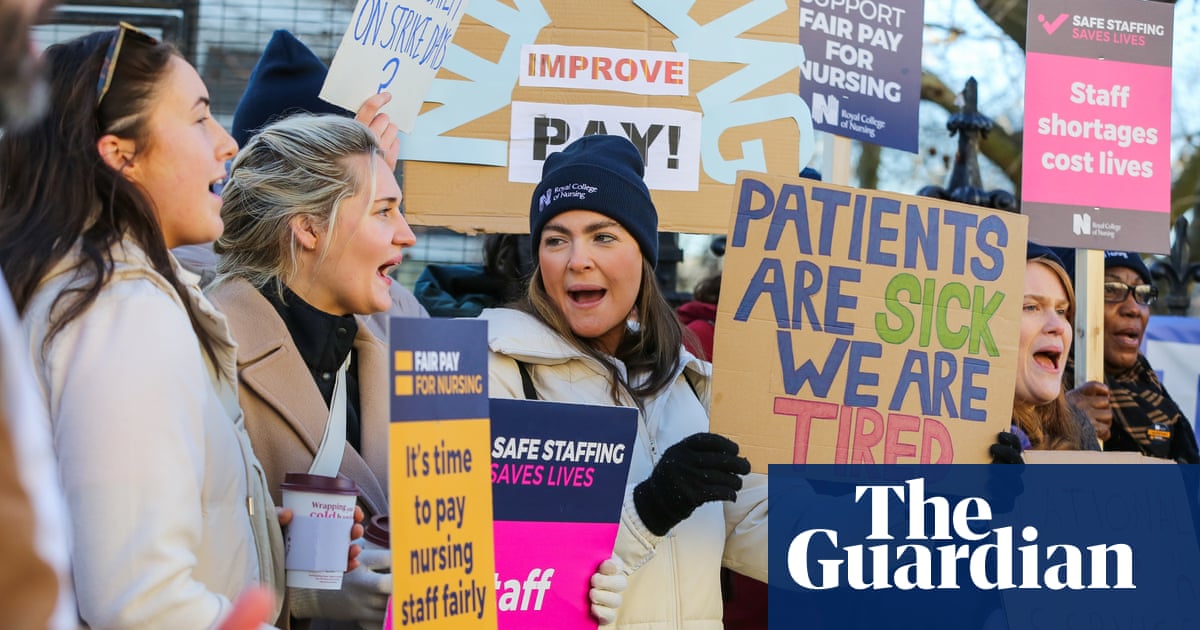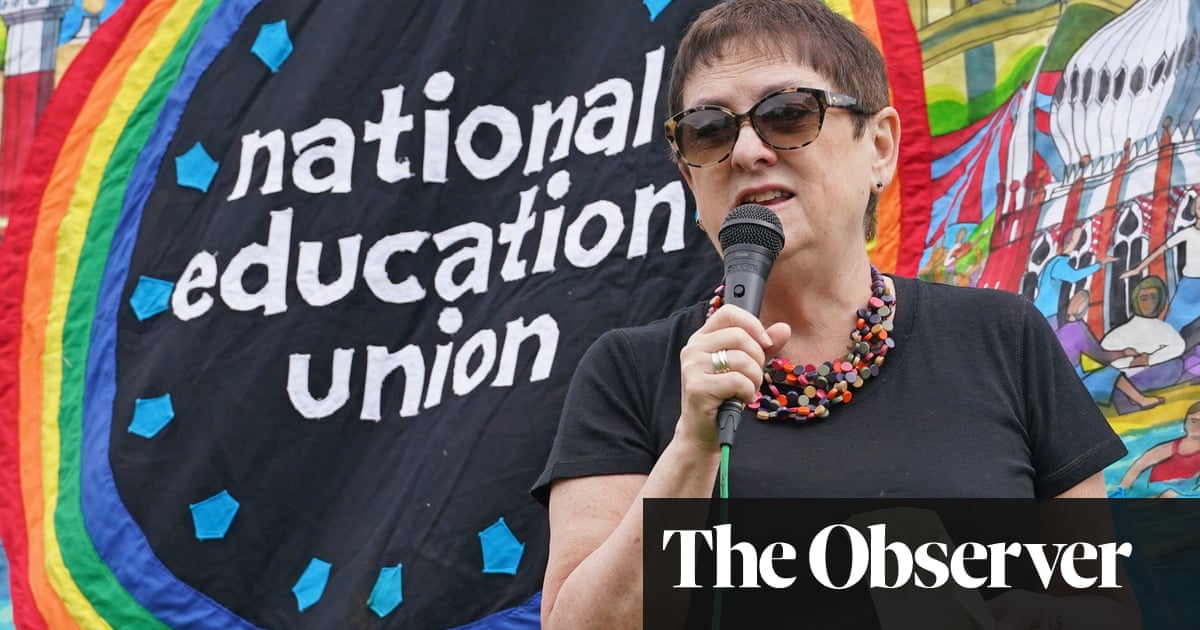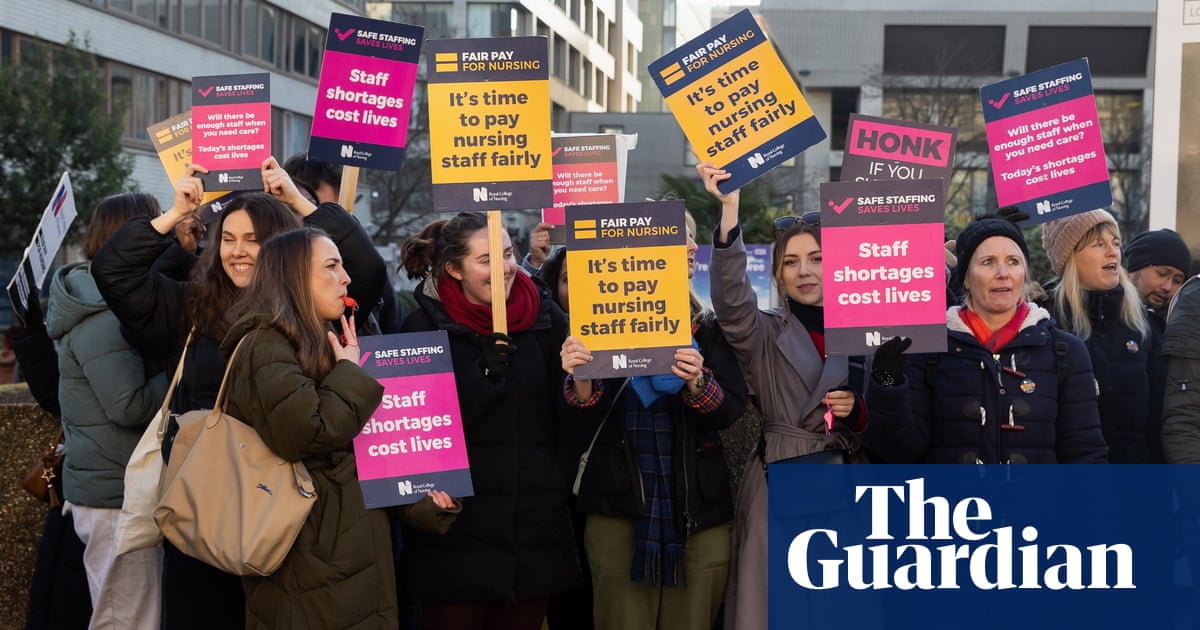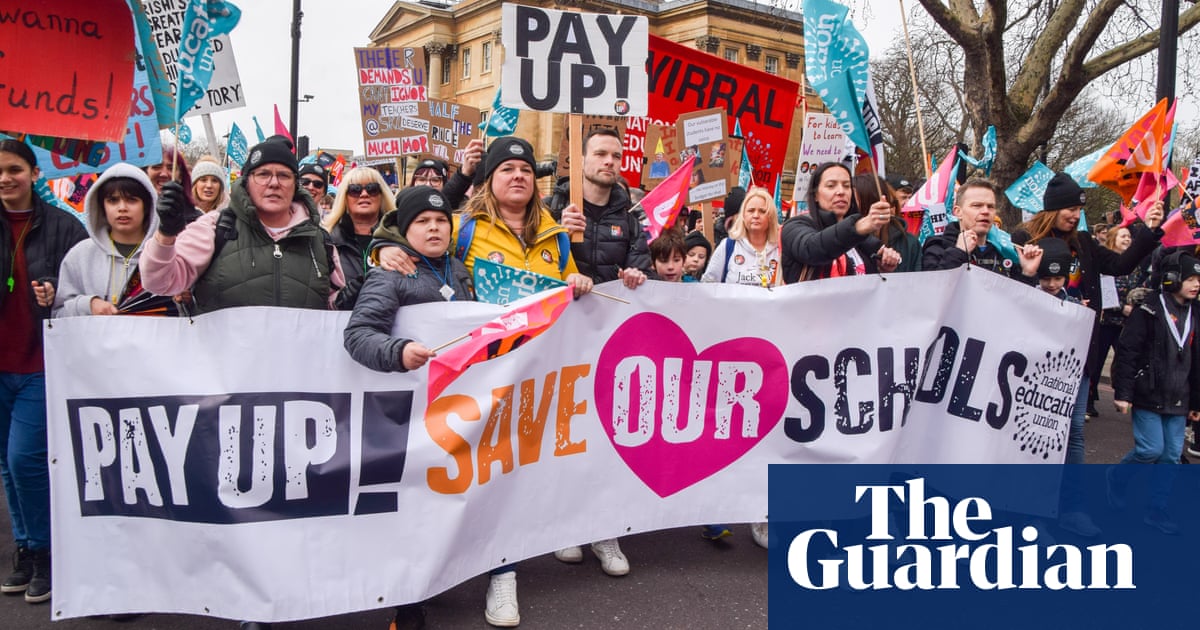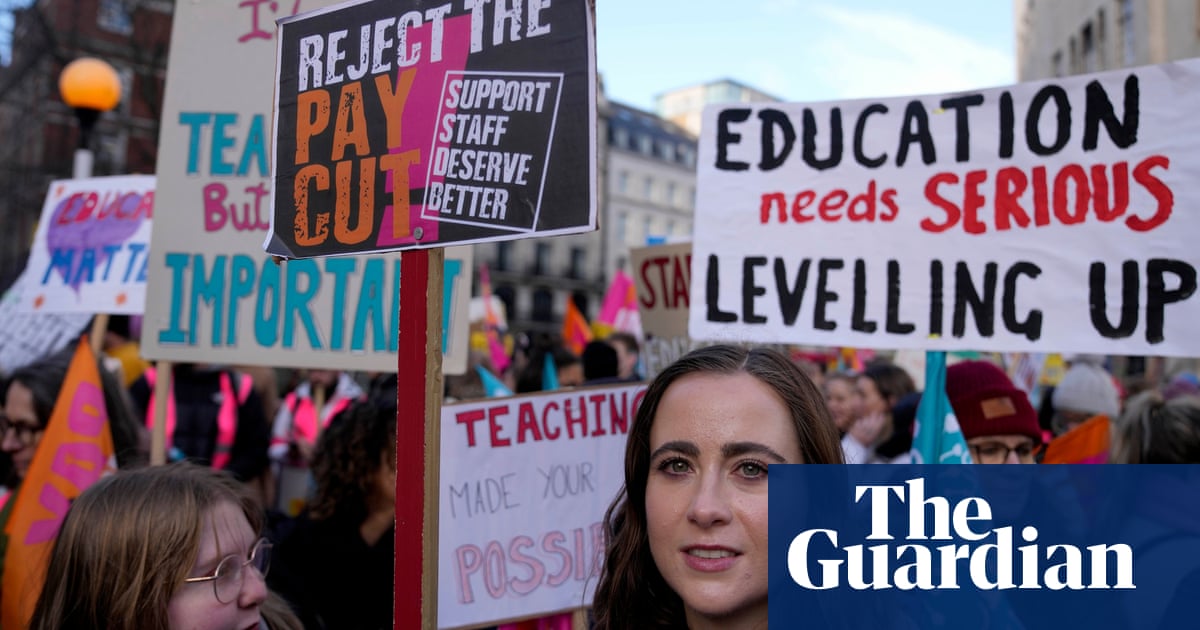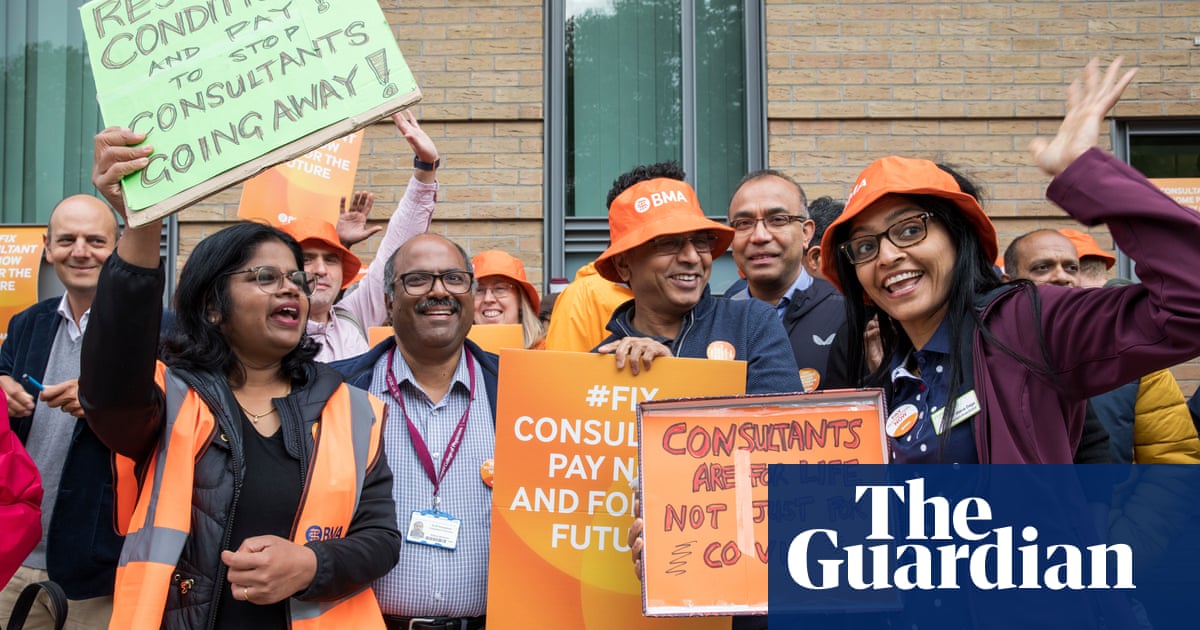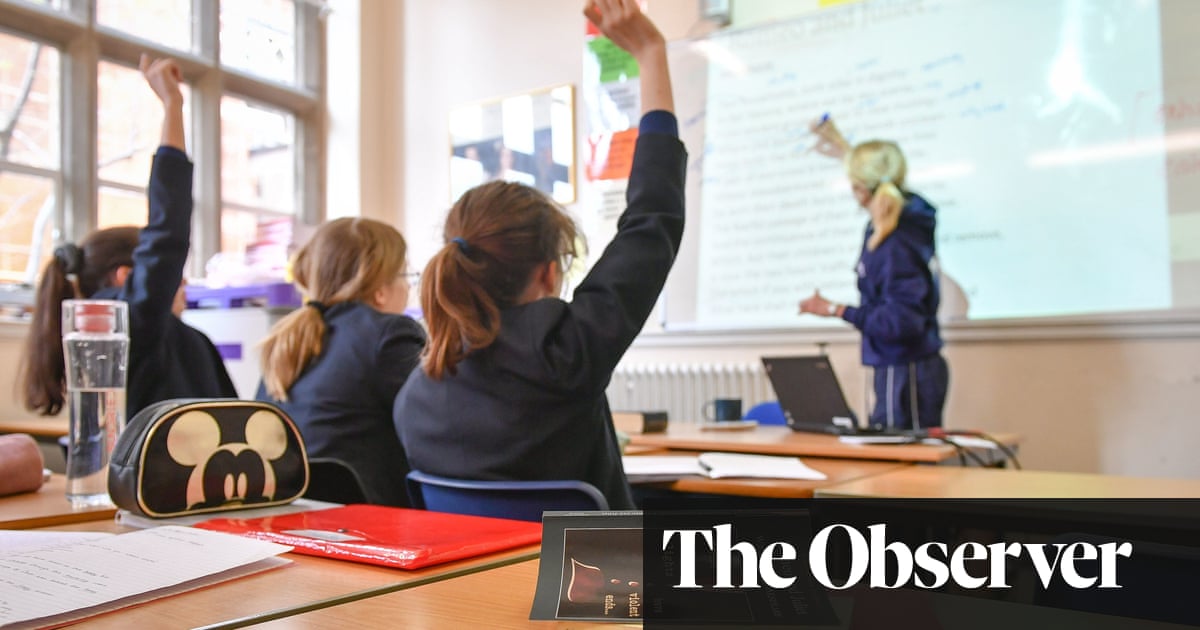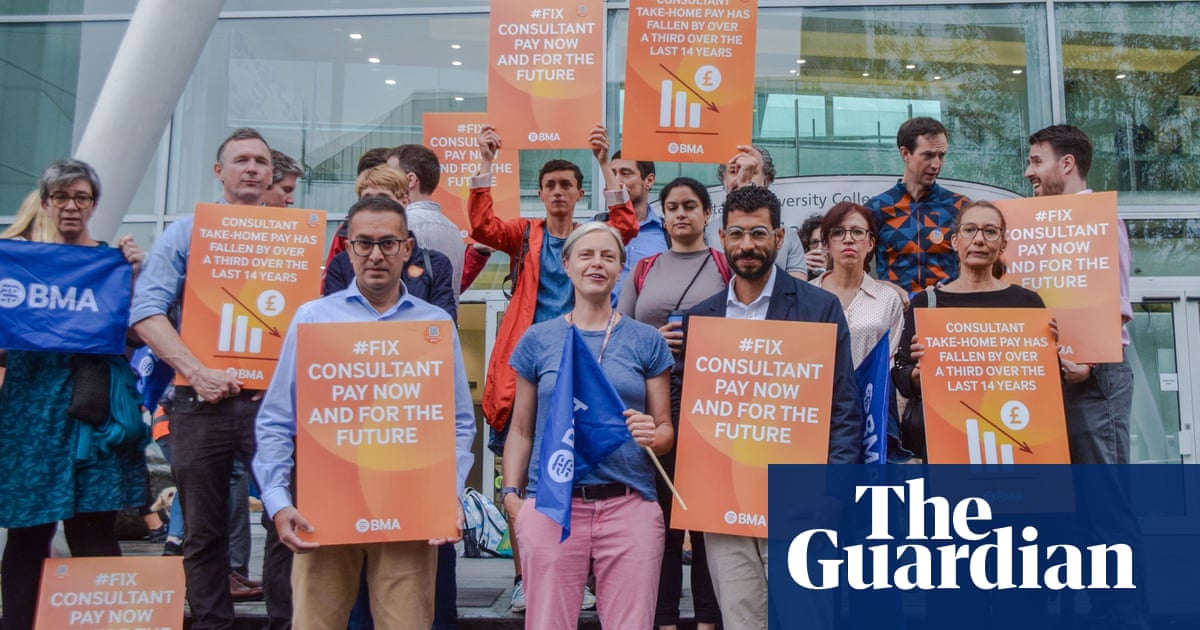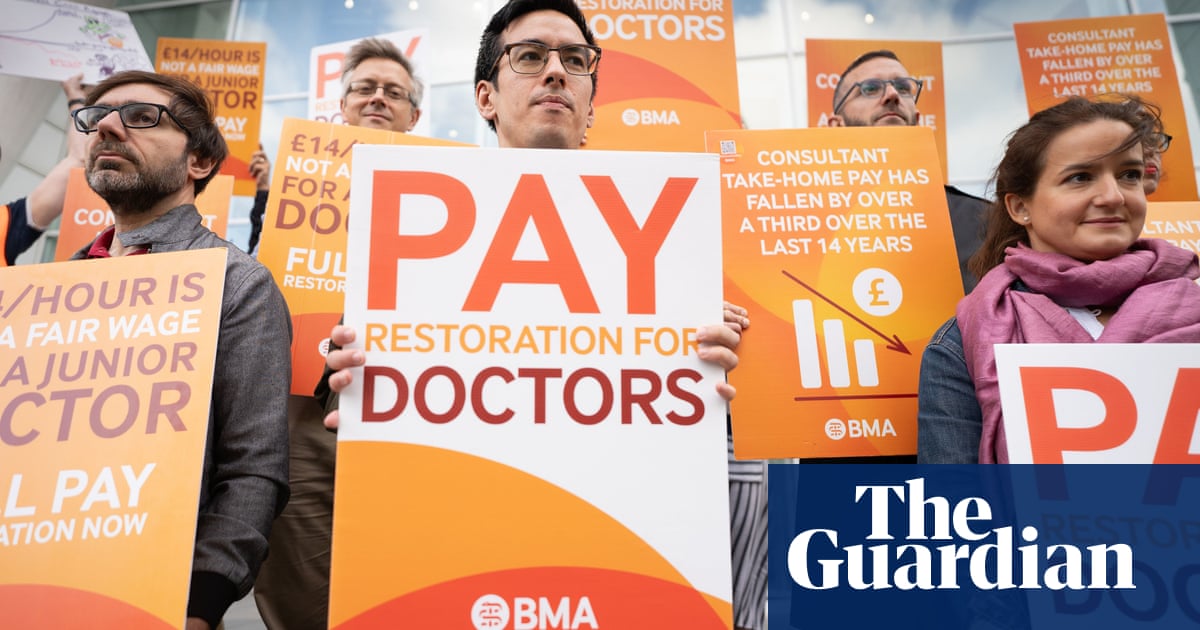
Hospital consultants in England have narrowly rejected the government’s improved pay offer in a move that could lead to further strikes in the NHS.
In a referendum run by the British Medical Association (BMA), consultants voted by 51% to 49% against a deal that would have given them an extra 4.95% pay rise on average for the last three months of the 2023-24 financial year on top of the 6% award for the year that they have already received.
Despite rejecting the offer, consultants have not announced an immediate resumption of strikes. The BMA is instead urging ministers to reopen talks to try to end a pay dispute that has led consultants to stage nine days of walkouts since last July.
“The vote has shown that consultants do not feel the current offer goes far enough to end the current dispute and offer a long-term solution to the recruitment and retention crisis for senior doctors”, said Dr Vishal Sharma, the chair of the BMA’s consultants committee.
“With the result so close, the consultants committee is giving the government a chance to improve the offer.”
Ministers need to make more money available if they want consultants – senior hospital doctors – to view the offer as acceptable and avoid further strikes, Sharma said.
They have a legal mandate to resume industrial action and take it until 18 June, if they choose to do so, but the BMA hopes the dispute can be settled without further walkouts.
NHS bosses, weary after 13 months of stoppages by various staff groups that have forced them to postpone 1.3m appointments and operations and cost the service more than £1bn, urged both sides to resume talks, as they did for a month last autumn.
Matthew Taylor, the chief executive of the NHS Confederation, said: “This is a very narrow outcome and health leaders will hope that it will be used as a basis for reopening negotiations with consultants to address their concerns rather than as a stepping stone to call for more damaging industrial action.”
More walkouts would bring further instability for the NHS as it deals with winter pressures, he said.
The BMA said 23,544 consultants had voted in the referendum, a 65% turnout, of whom 11,507 or 48.9% voted to accept the offer and 12,037 or 51.1% voted to reject it.
In an emollient response to the vote, the health secretary, Victoria Atkins, held open the prospect of further negotiations.
“I hugely value the work of NHS consultants and I am disappointed that after weeks of constructive negotiations the BMA has, by the narrowest of margins, rejected this fair and reasonable offer.
“I want to build on our progress on waiting lists and for us all to be able to focus our efforts on offering patients the highest quality care. The government is therefore carefully considering next steps”.
Junior doctors in England remain locked in a separate and increasingly bitter dispute with the government over their demand for a 35% pay rise to address the significant drop in the real-terms value of their salaries since 2008-09.
The BMA’s junior doctors committee announced on Wednesday that it would ballot its members again about their willingness to continue striking in pursuit of that goal, because their legal mandate to strike expires at the end of February.
The new ballot will also ask if junior doctors are prepared to take action short of a strike, such as refusing to work overtime, as a potential alternative tactic to full walkouts.





